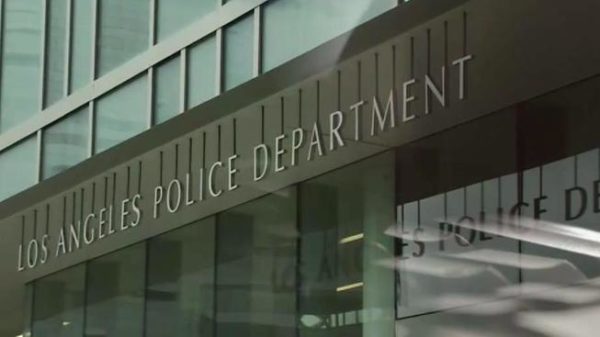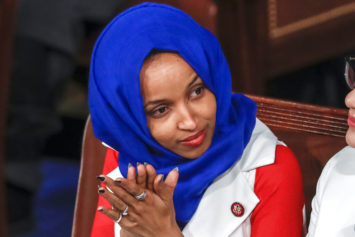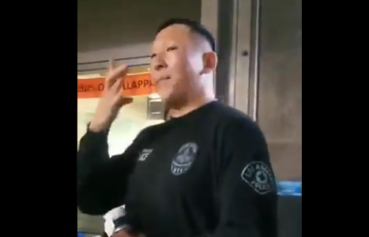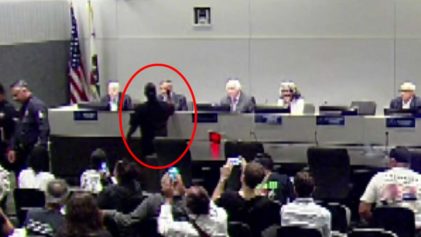After doubling the size of its elite Metropolitan Division in 2015, the Los Angeles Police Department saw an alarming jump in the number of stops conducted by Metro officers — a 14-fold increase to be exact.
What was more alarming, however, is that nearly half of the stopped motorists were African-American.

LAPD Police Chief Michel Moore argued that intense policing is sometimes necessary, especially in high-crime communities. (Image courtesy of NBC Los Angeles)
A recent analysis by The Los Angeles Times found that Metro officers stopped Black drivers at a rate nearly five times their share of the city’s population — which sits at just 9 percent. This has caused an uptick in the share of Black Americans stopped by the LAPD as a whole, driving up the numbers from 21 to 28 percent since the expansion, which was launched in hopes of curbing violent crime plaguing the city.
“The data analyzed by The Times does not show why an individual officer pulled over a driver,” the report states. “It does not contain information about whether a driver was searched, ticketed or arrested after the stop. Nor can the data prove Metro officers are engaged in racial profiling.”
However, civil rights advocates argue there could be no other reason for the racially skewed data. Police metrics reviewed by the Times revealed that Metro officers made most of their stops in South L.A., where Black people account for a third of the population. The excessive traffic stops were also reflected here, as the percentage of Black drivers stopped by Metro was almost twice their share of the population.
Connie Rice, a civil rights attorney who’s worked with the LAPD in the past, called the racial breakdown of the stops “really off the chain” and likened them to the New York Police Department’s controversial practice of stopping and frisking minority pedestrians.
“This is stop-and-frisk in a car,” Rice told the L.A. Times. “Do you want the trust of the poorest communities, that are the root of the [1992] riots, or do you continue … massive stop-policing that creates mistrust?”
As part of their crackdown on crime, Metro officers would ride around the city in unmarked, dark-gray SUVs, pulling over drivers to search for guns and drugs, according to the newspaper. One man, a 39-year-old youth counselor and gang member who requested anonymity, recalled being stopped by the LAPD three times in one month while on his way home from Martin Luther King Jr. park. Twice, he said, officers were in unmarked cars.
“It seems like they got license to kill and harass Black people …,” the youth counselor said, adding he felt he was targeted because of his race and his ties to a local gang. “I don’t got nothing, so I don’t get too upset, but there’s an aspect of getting harassed, [messed] with all the time.”
Another local man told the newspaper that Metro once stopped him, accused him of nearly crashing into them and then searched his car. The man, who’s also unnamed, said the first thing officers ask you is, “‘Are you on probation or parole?’ ”
Chief Michel Moore, who took over the department in 2015, defended his officers and said Metro’s command staff ” “is very aware of the potential of people viewing them as over-policing or being overly harsh.”
Still, Moore argued intense policing is sometimes necessary, especially in communities plagued by high crime. The newspaper noted that unlike regular patrol officers, Metro officers spend much of their shifts doing vehicle stops and other “proactive” police tactics intended to weed out dangerous criminals.
“A person who’s living in these … communities is experiencing a disproportionate level of violence than other Angelenos and is suffering from that,” Moore told the L.A. Times. “And the symptom, that means there are more police officers there. It’s been my experience that that’s where the community wants us. The people who are experiencing the violence are asking for us to be there to help them.”
The police chief added that officers are trained to be aware of their own implicit bias and that the department conducts random reviews to ensure traffic stops are constitutional.
Watch more in the video below.


